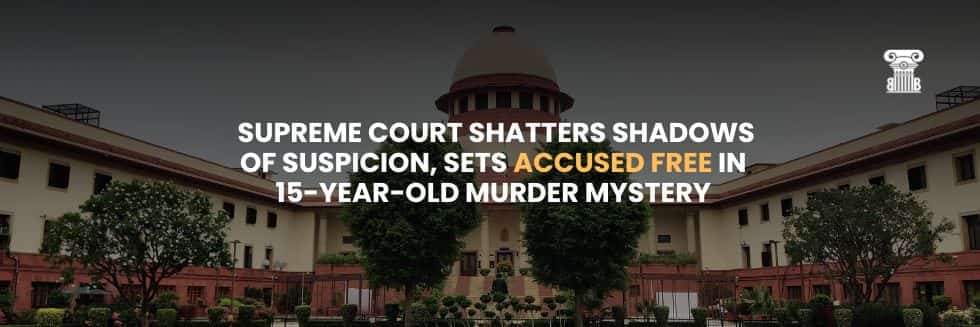India is home to diverse religions and marriage is considered to be one of the sacred things. It is a bond which is created by god. No one wants to break this due to various reasons like some do not want to get the stigma of divorce; some think that they will lose their image in the society, etc. When a husband and wife face problems with each other, they have two options -either to get divorce by mutual consent or to get a decree of judicial separation. The concept of legal separation is considered a better option as it gives the spouses time to clear out any sort of misunderstandings between them. In this article, the concept of judicial separation and non-judicial separation will be covered in detail.
JUDICIAL SEPARATION – AN ALTERNATIVE TO DIVORCE
Section 10 of the Hindu Marriage Act, 1955 covers the provisions regarding the concept of judicial separation.
Judicial separation is an attempt to save the institution of marriage and is like a trial divorce. In judicial separation, the dissolution of marriage does not take place rather the couples are separated and are not allowed to live together for some period of time. The spouses get a time to introspect whether they want to continue their marriage or not. It is a temporary suspension of marital rights between the spouses. The grounds for judicial separation are same as that of divorce as contained in section 13 of The Hindu Marriage Act, 1955.These are-
- Adultery- It includes voluntary sexual intercourse between the spouse and some other person with whom he is not married
- Cruelty
- Desertion
- Conversion
- Insanity
- Leprosy
- Renunciation of the world
- Not heard for a period of seven years or more
Either husband or wife can request for judicial separation on these grounds. Apart from these grounds, a wife has some extra grounds to request a separation, these are-
- Husband is having more than one wife or he is guilty of sodomy, bestiality or rape and
- If a decree has been passed against the husband awarding maintenance and since the passing of that decree, cohabitation between the parties has not been resumed
- If her marriage was solemnized before she attained the age of 15 years and she has repudiated the marriage after attaining that age but before attaining the age of majority
After judicial separation, a couple is no longer bound to cohabitate. If they want to resume cohabitation, they must seek permission of the court. If couple does not cohabitate for one year, then they can apply for divorce.
Procedure for obtaining judicial separation
Either of the spouses can file a petition praying for a decree of judicial separation at family court of their district on any of the grounds as mentioned in section 13 of The Act. They can hire a lawyer and must specify the grounds on which they seek separation.
In cases where children are involved, the court order often makes temporary arrangements for their care, custody and financial supporting. The wife can also claim maintenance from the husband and the husband will also be liable for the acts of the wife.
Non-Judicial Separation
It means simple separation and does not include paper work. In this process, the spouses do not go to the court for separation; rather they themselves solve their problem amicably with the help of family members. There is no formal procedure involved in this. They can decide amongst themselves regarding the maintenance and custody of their children (if any).







